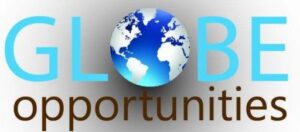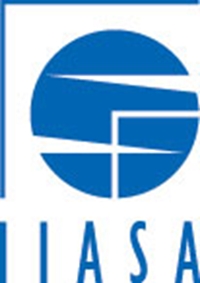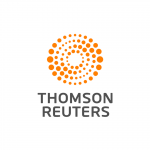Deadline: Mid-December 2017
The United Nations Democracy Fund invites civil society organizations to apply for funding for projects to advance and support democracy during the annual proposal window. The next window is expected to be open from mid-November to mid-December 2017 at www.un.org/democracyfund/ . Only on-line proposals during this period, in either English or French, will be accepted.
UNDEF projects are two years long. Applicants can request a grant of a minimum of 100,000 US dollars and a maximum of 300,000 US dollars.
UNDEF supports projects that strengthen the voice of civil society, promote human rights, and encourage the participation of all groups in democratic processes. The large majority of UNDEF funds go to local civil society organizations — both in the transition and consolidation phases of democratization.
Proposals are subject to a highly rigorous and competitive selection process, with fewer than two per cent chosen for funding. Projects fall under one or more of eight main areas:
- Gender equality
- Community activism
- Rule of law and human rights
- Youth engagement
- Strengthening civil society interaction with Government
- Media and freedom of information
- Tools for knowledge
- Electoral processes
In this Round, UNDEF particularly welcomes proposals in the areas of gender; rule of law; media; or electoral processes focusing on elections scheduled for 2020 at the earliest.
The stages of the process are:
1. Online Project Proposal System
The on-line project proposal system can be accessed at the UNDEF website at www.un.org/democracyfund, only during the annual window. Please read the following documents: project proposal guidelines , lessons learned for applicants, frequently asked questions , blank project proposal form, and summaries of existing projects .
The on-line proposal form is fairly short and simple, as you are not expected at this stage to draft a full project document. You can view a sample of the on-line proposal form here .
Project proposals submitted by e-mail, regular post, facsimile, diplomatic or UN pouch, hand or courier delivery or any other channel will NOT be considered. Neither will project proposals in any language other than English or French.
2. Long List
Proposals are subjected to a thorough process of assessment, quality control and due diligence. An initial examination by a team of independent assessors is conducted, a process in which all applications are judged on their inherent quality and scored according to the following criteria:
- The project promotes the objectives of UNDEF
- The project draws on the United Nations’ comparative advantage
- The project will have a significant impact
- The project will encourage inclusiveness
- The project will enhance gender equality
- The project has strong prospects for successful implementation
- The applicant organization has a strong track record
- The project is technically sound in conception and presentation
- The project represents good value for money
- The project has strong prospects of sustainability beyond the project duration.
The UNDEF team then narrows down the list to 200-300 of the highest scoring projects. In doing so, the global and regional projects is considered separately from the various national project proposals and are considered within the respective global and regional baskets.
3. Short-List
The long list produced by the team of independent assessors is then examined by the Fund’s Programme Consultative Group — comprising the Department of Political Affairs, the Department of Peacekeeping Operations, the Office of the High Commissioner for Human Rights, the UN Development Programme, the UN Development Fund for Women and the UN Office on Drugs and Crime — in consultation with United Nations Resident Coordinators in the field.
4. UNDEF Board
The Programme Consultative Group review yields a short list which is reviewed by the UNDEF Advisory Board — comprising Governments, civil society and individuals.
5. UN Secretary-General
The final short list is then submitted to the UN Secretary-General for approval, usually in May or June.
6. Project Document
Once the short list is approved by the Secretary-General, the proposal moves into the final stage in the selection process: the negotiation of a project document, which is in effect the contract between UNDEF and the grantee. This negotiation requires the applicant to provide a more elaborated project design, and involves detailed input from both UNDEF and the applicant, as well as scrutiny and due diligence enquiries by UNDEF. Only upon successful conclusion of the project document, and its approval by the United Nations Controller, will the project proposal formally be approved for funds disbursement. This can be expected to happen in September at the earliest.









